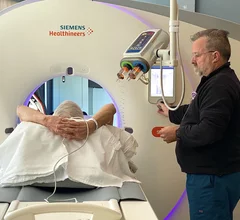Professional Associations
This page includes news coverage of medical associations and medical societies. Use these links to find focused news coverage from specific organizations: Cardiology Associations, Healthcare Associations, Radiology Associations.
Displaying 17 - 24 of 2533

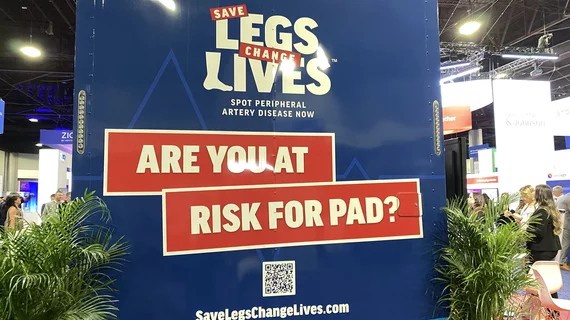

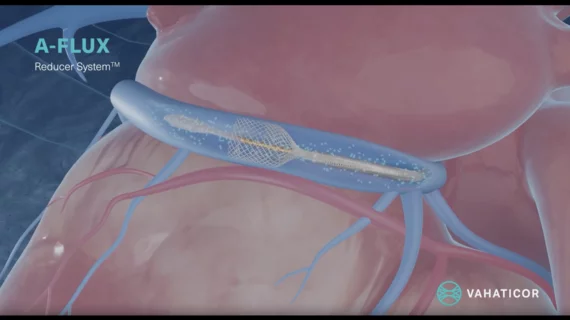

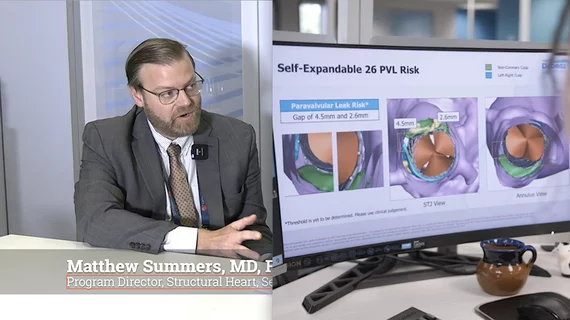

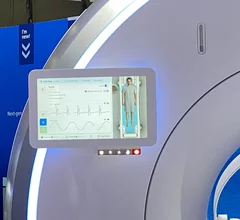
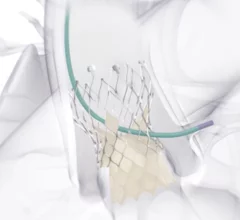
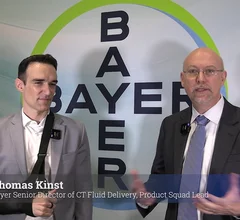
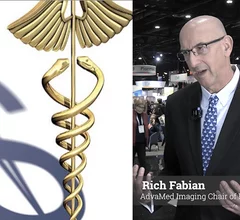
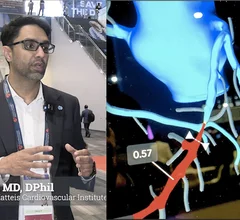
![A majority of medical devices involved in Class I recalls were never required by the U.S. Food and Drug Administration (FDA) to undergo premarket or postmarket clinical testing, according to new research published in Annals of Internal Medicine.[1]](/sites/default/files/styles/240x220/public/2024-09/istock-1209664264.jpg.webp?itok=OEoT1RAi)
